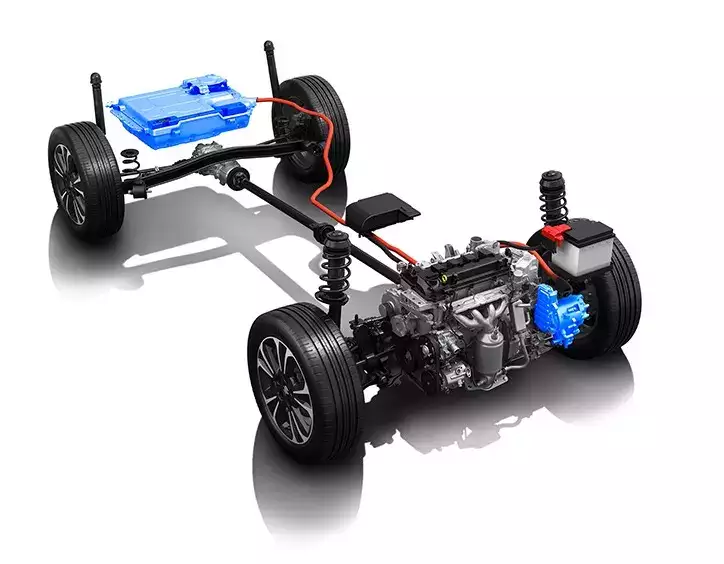 Strong Hybrid Vehicles.New Delhi:
Strong Hybrid Vehicles.New Delhi: As the automotive industry debates the best strategy to achieve carbon neutrality, there’s some conversation on whether subsidies should support HEVs along with electric vehicles (EVs). Advocates for EVs argue that subsidies should be directed exclusively towards electric vehicles, which offer a more effective path to zero emissions compared to hybrids.
While Hybrids might help meet Corporate Average Fuel Efficiency (CAFE) standards, they still rely on fossil fuels. In contrast, EVs generate zero tailpipe emissions, making them a cleaner option. Given the urgent need for green mobility, many industry experts are of the strong opinion that investments should prioritize EV technology over hybrids.
According to a recent ICCT report, a shift towards greater adoption of electric passenger cars could positively impact the entire EV ecosystem. Increased adoption would drive battery production, leading to reduced EV battery prices and further acceleration of EV uptake.
An industry executive points out that incentivising an old technology like hybrids along with EVs will confuse customers and shift focus. “When our national priority is zero emission mobility and technology for it is available, why promote a technology like hybrids that can never be green and emission free?” argues the executive.
Union Minister of Heavy Industries HD Kumaraswamy recently mentioned that an inter-ministerial group is reviewing the first two phases of the Faster Adoption and Manufacturing of (Hybrid and) Electric Vehicles (FAME) scheme. The third phase is anticipated in the next two months.
The FAME scheme, introduced in 2015, aimed to boost EV manufacturing localization. Its second phase, extended to March 2024 with an additional INR 1,500 crore, will be succeeded by the third phase, replacing the Electric Mobility Promotion Scheme (EMPS) 2024.
India currently imposes a 5% GST on EVs compared to over 48% on ICE and hybrid vehicles (adding other state taxes). Amitabh Kant, G20 Sherpa and former CEO of NITI Aayog, has emphasized that the tax structure is designed to encourage battery manufacturing and further electrification.
Automakers like Tata Motors, Hyundai, and Kia are pushing for EV adoption, while Japanese manufacturers such as Maruti Suzuki, Toyota Kirloskar, and Honda are advocating for hybrid tax reductions. Hybrids, which include mild/strong hybrids and plug-in hybrid electric vehicles (PHEVs), offer varying levels of efficiency but fall short of the zero-emission potential of EVs.
Hybrids do not face any barrier to popular customer adoption or producer viability gap, making for a feeble case for providing any incentives. Further, their sales are growing and OEMs are making better margins from them.
For instance, Toyota Kirloskar Motors, which sells the Hyryder and the Hycross, has posted a dramatic improvement in all its key financial metrics. As per data on the Ministry of Corporate Affairs portal, the company’s PAT has grown 242% year-on-year and EBITDA has increased 163%, as a result of demand for its hybrid model lineup and an increase in its overall models owing to the global tie up with partner OEM.
According to data from Jato Dynamics India, the sale of hybrid cars, including both strong and plug-in versions, increased by 27% from January to July 2024, reaching 51,897 units compared to 40,811 units during the same period last year.
Uttar Pradesh recently waived registration charges for strong hybrids and PHEVs, a move not mirrored by other states. Despite being the second largest car market after Maharashtra, hybrids constitute less than 1% of the state’s vehicle sales.
The ICCT report highlights that a stable and long-term policy for EVs could benefit both demand and supply sides of the market. Government support would reduce consumer skepticism, facilitate fleet transitions, and stimulate private-sector investment, fostering the growth of domestic supply chains and job creation.
In conclusion, prioritizing EV subsidies over hybrid incentives aligns with the broader goal of achieving a carbon-neutral transport sector. Investing in EVs represents a more direct path to eliminating emissions and advancing towards sustainable mobility.
